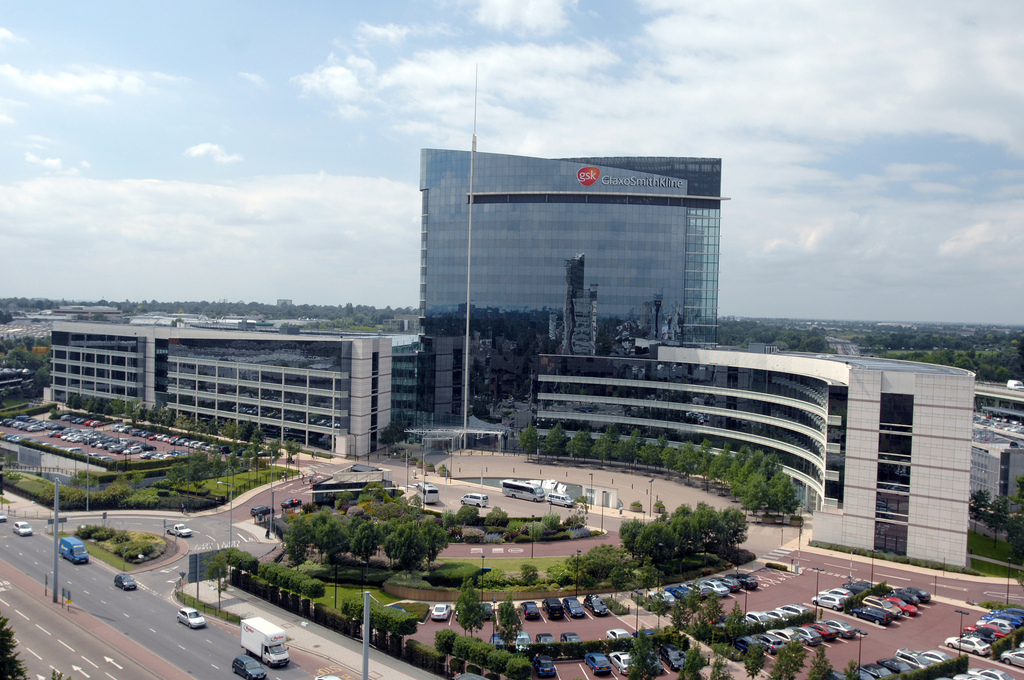GSK bails on $4.2bn partnership with Merck on cancer drug

GlaxoSmithKline has ended its collaboration with Germany's Merck KGaA's cancer treatment bintrafusp alfa, after a trio of failed clinical trials.
Given the disappointments the decision to part ways on the programme comes as no surprise, but is nevertheless a setback for GSK which had looked to the drug to revitalise its flagging oncology business.
It also comes as the UK-based pharma group is fending off criticism of its top leadership – including chief executive Emma Walmsley – from activist investors.
GSK paid $360 million upfront in 2019 for a stake in bintrafusp alfa – a bifunctional fusion protein that targets PD-1 and TGF-beta – but Merck confirmed in a statement that it had no received any milestone payments from the alliance, which had been valued at up to $4.2 billion.
Things started to look rocky back in January when bintrafusp alfa failed to show any improvement over Merck & Co/MSD’s checkpoint inhibitor Keytruda (pembrolizumab) in a phase 2 trial involving previously-untreated patients with PD-L1-positive non-small cell lung cancer (NSCLC).
Two months later, it missed the mark in another mid-stage study as a second-line monotherapy for biliary tract cancer (BTC), which was followed in August by a third failure as a first-line treatment alongside chemotherapy in locally advanced or metastatic BTC.
GSK and Merck had hoped BTC would provide a shortcut to market in an indication not yet addressed by the increasing number of cancer immunotherapies on the market.
Merck has said it will terminate several remaining bintrafusp alfa studies in lung cancer, breast cancer and bladder cancer, although one trial in cervical cancer will continue to its conclusion.
GSK didn't include bintrafusp alfa in its calculations when it predicted £20 billion in peak sales potential for its late-stage pipeline at an investor event in June, suggesting it had already all-but written off the drug at that point.
Its oncology aspirations are now represented mainly by new multiple myeloma therapy Blenrep (belantamab mafodotin), checkpoint inhibitor Jemperli (dostarlimab) and Zejula (niraparib), the PARP inhibitor it acquired as part of its $5.1 billion takeover of Tesaro in 2019.












